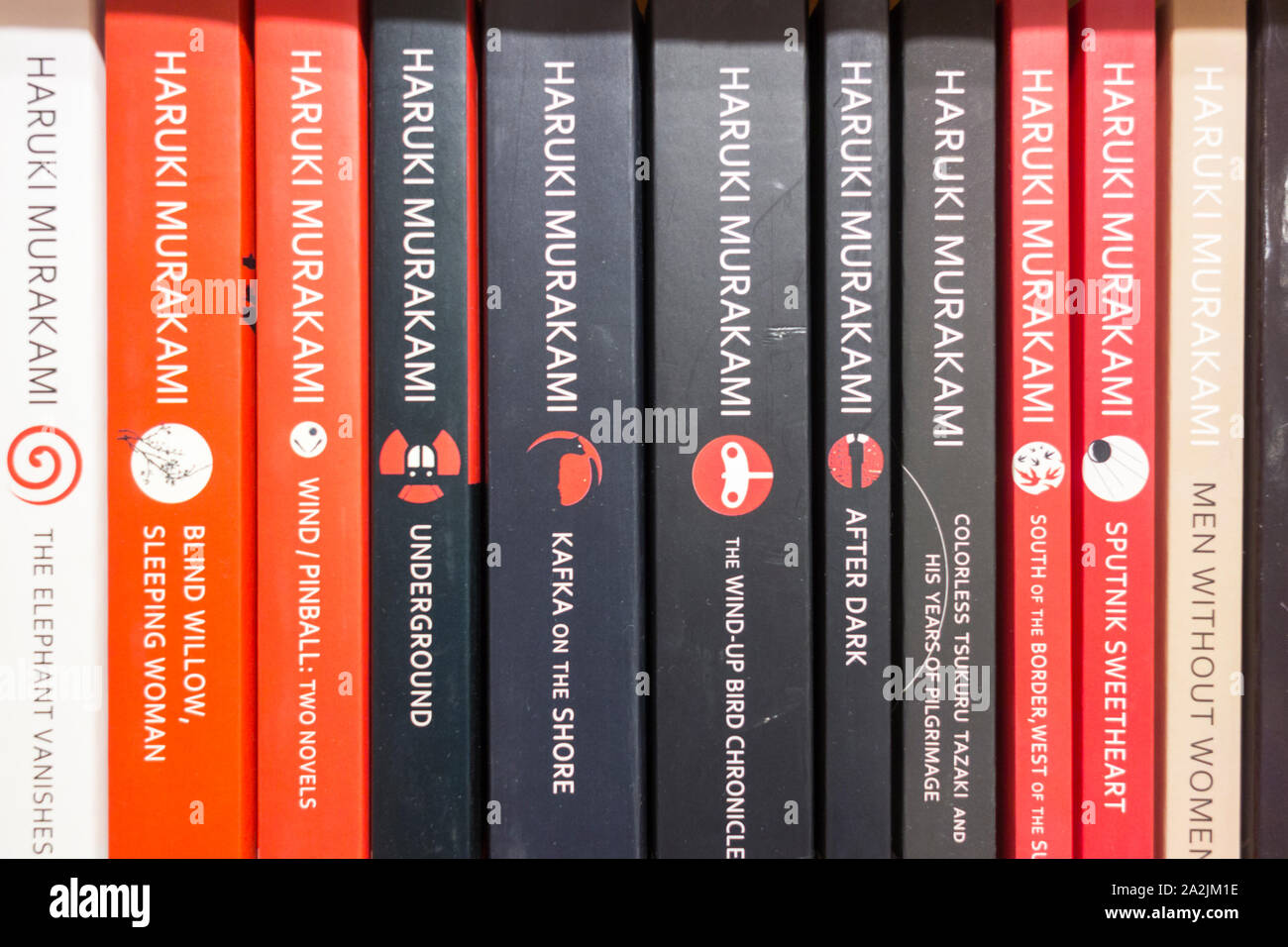

In the past two years, my house became a major place to return to. And for the very dark moments, I have my places of comfort: going out for a run and my Phil Collins playlist. My parents have always been supportive throughout my whole life, I don’t have many friends, but those I do have, I can always count upon. Knowing what I am headed for has been the origin of my drive.ĭespite sometimes having bouts of “loneliness” in my life, I also always had a place to come back to. This always has kept me on track, kept my engine running. For most of my life so far, I knew where I wanted to go. If I look at my life, the easiest for me always has been figuring out a destination. We need to be at peace with where we are at, we need to have a place to go to, to stay motivated, and we need a place to return to, recharge, and refocus. To be content in life, we need to be able to check all three boxes. It can be a location that has this effect, but it can also be a group of friends, our family, or even a comforting routine.

It can be connected to an actual location, but it doesn’t have to.Īnd the place where we can go back to, is our comfort zone, our fallback option, our supporting net. The place where we have to go stands for our goals, plans, aspirations, dreams, and callings. The place where we are now is the city we are living in, but it is also our relationship and career status.

For me, these three places are not necessarily actual locations. If you think about it, our lives are indeed largely defined by three places: The place where we are now, the place where we need to go to, and the place we come back to. After all, it is made while the protagonist sits in a train station watching passengers getting on and off trains.īut I think the idea is even more powerful in the metaphorical sense. this episode starts very silly and ends very heavy.In the book, the idea of the “three places” is meant quite literally, referring to physical places. also, a return to “judge a book by its cover” with the honorable judge matt erdely. we also vent frustrations about the novel’s unfair characterizations based on how the story is told, and whether if murakami deliberately undermines himself in colorless tsukuru tazaki and his years of pilgrimage. we talk about murakami’s style, the supernatural elements in the story (and why murakami doesn’t take them far enough, and the annoying and frustrating reality of authors making their lead characters boring. Haruki murakami is possibly the most successful and most well-known author we’ll cover this season, and our sixth stop on our book club world tour dives into his novel colorless tsukuru tazaki and his years of pilgrimage.


 0 kommentar(er)
0 kommentar(er)
